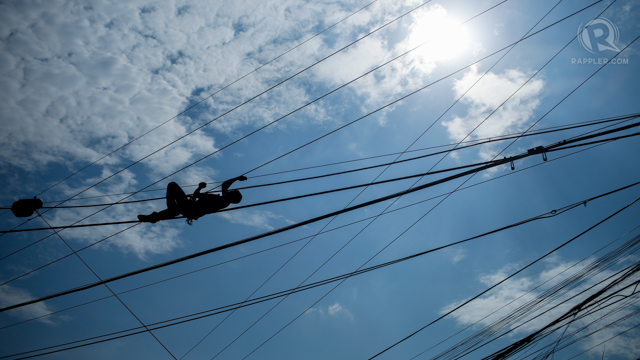SUMMARY
This is AI generated summarization, which may have errors. For context, always refer to the full article.

MANILA, Philippines – The country’s recently won investment grade status may not be enough to counter the Mindanao power crisis’ harmful effects on the region’s prospects as an investment destination.
Ateneo de Manila University professor and former Socio-economic Planning Secretary Cielito Habito on Thursday, April 11, said that no one is “jumping for joy” over the country’s credit upgrade from Fitch Ratings.
“I personally don’t see much foreign direct investment pouring into Mindanao in the near future, except perhaps for Malaysian investments especially in oil palm/palm oil,” he said.
“It will take some time before new FDI drawn in by the rating upgrade could translate into a significant rise in jobs,” he noted.
Habito added that the power shortage in Mindanao might delay job creation in the region since investors are concerned with “inferior infrastructure, high power costs, ownership restrictions and other issues that await definitive resolution.”
Economist Gerardo Sicat echoed Habito’s sentiments. He blamed the government’s “paralysis of decision-making” for the economy’s inability to immediately absorb the benefits of an investment grade rating.
Sicat said that the power crisis is happening because “the government failed to pursue the series of long-term actions required to solve the power development problems of Mindanao.”
In a research paper, Sicat blamed the power crisis on the following factors:
- Mindanao’s electricity distribution grid was not connected to the grids of Luzon and Visayas.
- The base load of power generation for the region was not increased sufficiently.
- “Snail-paced” decision-making for undertaking approvals
- Privatization of government power plants through the Electric Power Industry Reform Act did not push through
“The signs had been known by all concerned for years, especially by the national government. Inaction on the required policy front meant that the day of reckoning would simply arrive and blow up the picture. That has now become a reality. Government inaction to do the right thing was due to a paralysis of decision-making,” he said.
The Mindanao’s power crisis has caused power outages that average 8 hours per day. This is due to a power shortfall of 294 megawatts (MW).
The region’s actual supply is only at 863 MW, which is not enough to cover demand at 1,157 MW. – Rappler.com
Add a comment
How does this make you feel?
There are no comments yet. Add your comment to start the conversation.